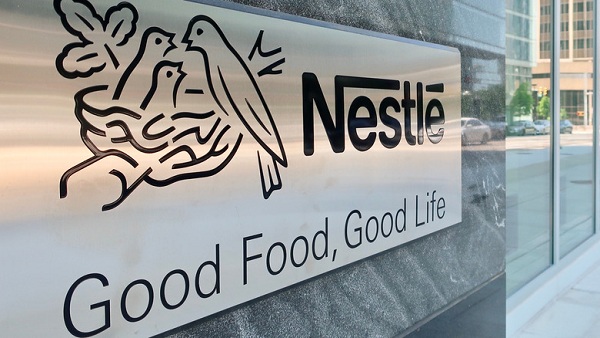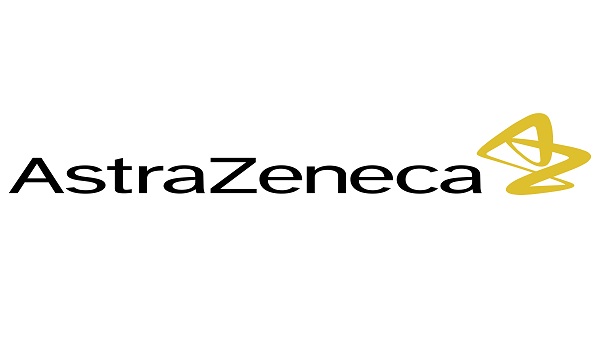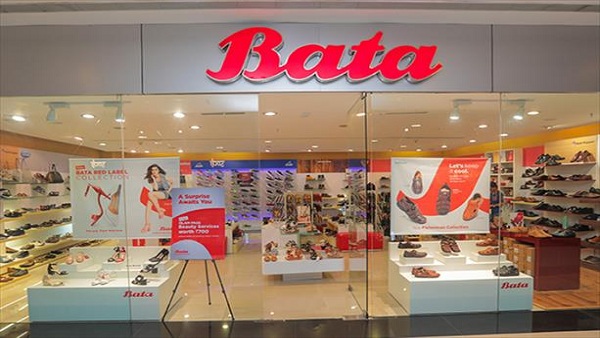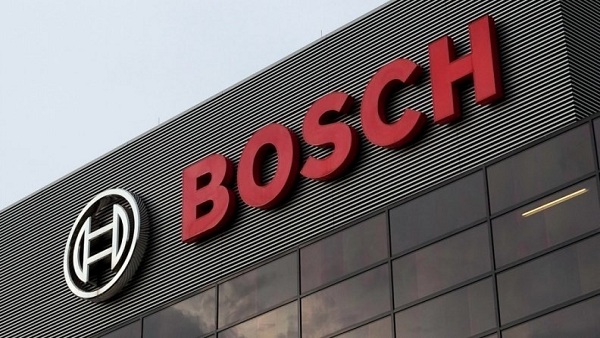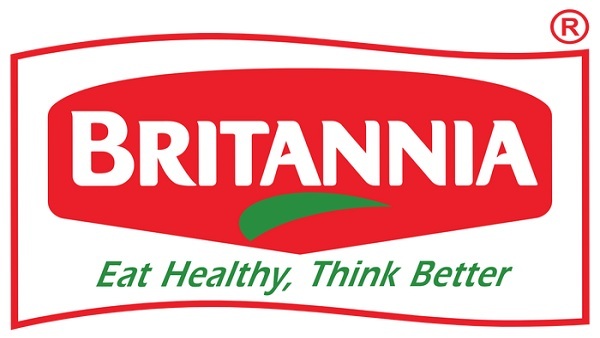Advantages of Investing in MNC stocks
MNCs are companies in which the foreign company owns more than 50% of the stock and has management control. MNC stocks are noted for their positive image, solid parentage, technological expertise, and asset-light business practices. These companies are often well-capitalized, have low debt exposures, and provide reasonable dividends. MNCs are present in major areas of the Indian economy and have contributed significantly to its development by bringing in cutting-edge technology. MNCs are renowned for paying substantial dividends to their shareholders, and when the government removed the controversial DDT tax in Budget 2020, MNCs were the biggest beneficiaries.
MNC stocks are typically chosen for the assurance they provide investors about their long-term viability, as investors have more faith in their management than they do in domestic companies.
10 Popular Foreign MNC Stocks Listed In India
| MNC Company |
LTP in Rs. |
Market Cap |
1 year return |
Div Yield |
| Nestle India |
18,071.85 |
1.74LCr |
4.75% |
1.11% |
| Hindustan Unilever |
2,358.95 |
5.55LCr |
6.77% |
1.31% |
| Astrazeneca Pharma India |
3,498.90 |
8.78TCr |
3.11% |
0.057% |
| Honeywell Automation India |
42,501.30 |
37.50TCr |
53.29% |
– |
| Bata India Limited |
1,601.85 |
20.59TCr |
24.18% |
0.25% |
| Bosch Ltd. |
15,070.10 |
44.39TCr |
14.17% |
0.76% |
| Colgate-Palmolive |
81.84 |
6.92TCr |
10.25% |
2.20% |
| Castrol India |
143.90 |
14.23TCr |
25.46% |
3.82% |
| Maruti Suzuki India |
7,283.50 |
2.20LCr |
21.38% |
0.62% |
| Britannia Industries |
3,441.80 |
82.91TCr |
-9.86% |
4.72% |
Nestle India
Nestle India is a major player in the Indian fast-moving consumer goods (FMCG) industry, having strong market positions in most of its product categories. Nestlé India Limited is a wholly-owned subsidiary of the Swiss multinational Nestlé. Gurgaon, Haryana, is the company’s headquarters. Food, beverages, chocolate, and confectioneries are among the company’s offerings.
The company reported gross sales of Rs. 137528.4 crores and a total income of Rs. 135007.8 crores in the most recent quarter. For the past three years, the company has shown a good profit growth of 19.34 percent. Over the last three years, the company has maintained a respectable ROE of 73.82 percent.
Over the last three years, the company has maintained a good ROCE of 105.83 percent and has drastically reduced its debt by 18.30 crores.
EPS: 223.95
PE: 80.94
Book Value Per Share: 209.44
P/B: 86.55
Face Value: 10
Hindustan Unilever
HUL is one of India’s largest FMCG companies. Five of its brands have annual turnovers of more than Rs.2,000 crores each, while seven have annual turnovers of more than Rs.1,000 crores apiece. With over 40 brands across 12 different categories, there’s something for everyone. Over a three-year period, the stock returned 47.05 percent, while the Nifty FMCG provided investors a 23.73 percent return. In the last five years, the company has maintained effective average operating margins of 20.30 percent. The company is trading at a high PE of 69.71.
The company has a high EV/EBITDA ratio of 47.95. The company has good cash flow management; CFO/PAT stands at 1.08.
EPS: 34.03
PE: 69.27
Book Value Per Share: 202.99
P/B: 11.62
Face Value: 1
Astrazeneca Pharma India
The company Astrazeneca Pharma India Ltd was founded in 1979 and is based in Bengaluru, Karnataka. It encompasses the company’s manufacturing, sales, and marketing activities in India. It is a subsidiary of AstraZeneca Plc in the United Kingdom. Only 3.91 percent of trading sessions in the last 16 years had intraday gains of more than 5%. For the past three years, the company has shown a good profit growth of 53.28 percent.
Over the last three years, the company has maintained a respectable ROE of 21.56 percent. Compared to the Nifty Midcap 100, which returned 50.8 percent over three years, tock returned 145.41 percent.
Over the last three years, the company has maintained a respectable ROCE of 30.79 percent.
EPS: 37.32
TTM PE: 93.75
Book Value Per Share: 182.47
P/B: 19.18
Face Value: 2
Honeywell Automation India
Honeywell Automation was established in the Indian city of Pune. It is a subsidiary of Honeywell Inc., a firm based in the United States. It offers comprehensive automation and control systems both in India and abroad.
Only 3.07 percent of trading sessions in the last 16 years had intraday gains of more than 5%. Over a three-year period, the stock returned 122.96 percent, compared to 33.74 percent for the S&P BSE Capital Goods index.
For the past three years, the company has showed a good profit growth of 42.61 percent and the company has maintained a respectable ROE of 22.37 percent.
Over the last three years, the company has maintained a respectable ROCE of 33.53 percent. For the past three years, the company has had a dismal revenue growth rate of 10.93 percent.
EPS: 520.32
TTM PE: 81.85
Book Value Per Share: 2,916.77
P/B: 14.61
Face Value: 10
Bata India Limited
Bata India has been in business for over 85 years and has a pan-India presence. The company offers a large retail and distribution network and has a diverse product line. For the past three years, the company has showed a good profit growth of 27.23 percent. Only 3.15 percent of trading sessions in the last 16 years had intraday gains of more than 5%. Stock returned 84.52 percent over three years, compared to 50.8 percent for the Nifty Midcap 100. As of March 2021, the company had a strong liquidity cushion of Rs. 1,097 crore in cash and liquid investments.
EPS: -6.95
PE —
Book Value Per Share: 136.79
P/B: 11.72
Face Value: 5
Bosch
Bosch is a significant technology and service provider in India, specializing in Mobility Solutions, Industrial Technology, Consumer Goods, and Energy and Building Technology. Furthermore, Bosch maintains the largest development facility for end-to-end engineering and technology solutions outside of Germany in India. Only 1.41 percent of trading sessions in the last 16 years had intraday gains of more than 5%. With an interest coverage ratio of 90.39, the company is in good shape.
The company’s Cash Conversion Cycle is 26.04 days, which is quite efficient.
The company’s promoters own 70.54 percent of the corporation.
EPS: 163.42
PE: 92.13
Book Value Per Share: 3,327.14
P/B: 4.53
Face Value: 10
Colgate-Palmolive
The Colgate-Palmolive Company is a multinational consumer goods company located on Park Avenue in New York City’s Midtown. It is a manufacturer, distributor, and provider of household, health care, personal care, and veterinary products. In the fiscal year ended March 31, 2021, the company had a ROE of 88.8%, exceeding its five-year average of 55.36 percent. For the past three years, the company has had a dismal revenue growth rate of 4.95 percent. Over the last three years, the company has maintained a solid ROCE of 80.25 percent.
EPS: 38.07
TTM PE: 47.15
Sector PE 68.30
Book Value Per Share: 42.88
P/B: 41.87
Face Value: 1
Castrol India
Castrol India Limited is a manufacturer of automotive and industrial lubricants. Castrol India is the second-largest manufacturer of automotive and industrial lubricants in the Indian lubricant market, with a market share of roughly 20%. For the past three years, the company has had a dismal profit increase of -5.55 percent. Only 1.51 percent of trading sessions in the last 13 years had intraday gains of more than 5%. The stock gained -10.93 percent over three years, compared to 50.8 percent for the Nifty Midcap 100. Over the last three years, the company has maintained a respectable ROE of 58.12 percent and has maintained a high ROCE of 82.68 percent.
EPS: 7.09
TTM PE: 20.28
Book Value Per Share: 14.30
P/B: 10.06
Face Value: 5
Maruti Suzuki India
Maruti Suzuki India Limited, originally Maruti Udyog Limited, is an Indian vehicle manufacturer situated in New Delhi. It was owned and administered by the Indian government from 1981 until 2003.
Over a three-year period, the stock lost -23.05 percent, while the Nifty Auto provided investors a -4.93 percent return. In the last three years, the company has maintained a good ROCE of 22.64 percent. For the past three years, the company has had a dismal profit growth of -8.39 percent. With a healthy interest coverage ratio of 54.16, the company is in good shape.
EPS: 145.34
TTM PE: 50.18
Book Value Per Share: 1,737.97
P/B: 4.20
Face Value: 5
Britannia Industries
Britannia Industries is a leading food company in India, with a 100-year history and yearly revenues of over Rs. 9000 crore. Any increase in the price of wheat, edible oil, or sugar puts the company’s margins in danger. As logistic inflation calms following a recent jump, recent increases in sugar and edible oil prices should be stabilizing. Over a three-year period, the stock returned 8.0 percent, compared to the Nifty FMCG index, which returned 23.73 percent.
With a solid interest coverage ratio of 30.28, the company is in good shape. For the past three years, the company has shown a good profit growth of 20.72 percent. For the past three years, the company has had a dismal revenue growth rate of 9.30 percent.
EPS: 77.38
PE: 44.45
Book Value Per Share: 148.79
P/B: 23.12
Face Value: 1
Should you invest in MNC stocks?
When choosing MNCs, look for organizations that have a consistent track record. Apart from the company’s history and corporate governance, you should look at the company’s sales and profit growth over the last five years, which should be higher than its local competitors. MNC stocks have a reputation for providing large returns. Check common return ratios like Return on Equity and Return on Capital Employed before investing in any MNC stocks.
Investing in MNCs also comes with a number of risks, including regulatory or legal risks, cultural sensitivity, and currency exchange rate volatility. Furthermore, many commoners resent MNCs for the growing trend of ‘Vocal for local,’ i.e. using and popularising local products, which may have a long-term impact on MNCs.
Disclaimer
Investing in stocks is risky and investors need to be cautious. Neither Greynium Information Technologies Pvt Ltd nor the author would be responsible for any losses incurred based on decisions made from the article.

